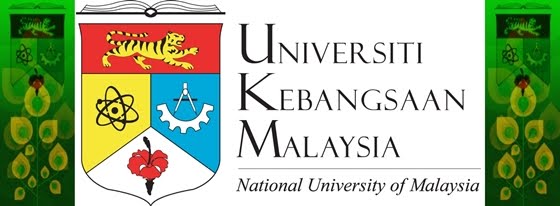Article: Schoolteacher granted new trial in spyware-porn case; Computer-forensic evidence could keep Amero out of jail.(Julie Amero).
Connecticut schoolteacher Julie Amero, convicted in a classroom computer-porn incident she says happened because spyware took over the computer at her desk; today was granted a new trial instead of a possible jail term. Amero, a substitute teacher, had faced a possible 40-year jail term related to her conviction last January on four counts of risk to a minor pertaining to the porn-image pop-ups that students at Kelly Middle School saw on Oct. 19, 2004, on the computer at her desk.
But instead of sentencing Amero today, as had been scheduled, New London Superior Court Judge Hillary Strackbein granted the request filed yesterday by Amero's defense lawyer William Dow III for a new trial based on additional computer-forensic evidence he has shared with the state.
In Connecticut, the Norwich Bulletin reported today Amero that said she "felt very comfortable with the decision" to be granted another trial to defend herself, and that state prosecutor David Smith also said forensic evidence presented during Amero's first trial may have included some "erroneous information."
The case of Amero, who has protested her innocence from the start and blamed spyware for taking over her computer for the pornographic images that students saw, has attracted attention among IT managers at school districts across the country.
Some IT managers, such as Tom Sims, director of network services for Miami-Dade Public Schools, have said it's not out of the question to imagine that Amero's computer was infected by spyware.
The case has also caught the attention of antispyware industry experts, some who have been quietly contributing their expertise in malware detection and forensics behind the scenes to assist Amero in her defense. Alex Eckelberry, president of Sunbelt Software, says computer forensics expert Dr. Glenn Dardick, along with individuals from security firms Sunbelt, MessageLabs and SecureWorks, have lent their expertise in the Amero case.
"Obviously, I'm very pleased at the outcome," Eckelberry says, alluding to Amero's chance at a second trial. That trial has not yet been scheduled.
Source Citation: Messmer, Ellen. "Schoolteacher granted new trial in spyware-porn case; Computer-forensic evidence could keep Amero out of jail.(Julie Amero)." Network World (June 6, 2007): NA. Computer Database. Gale. Universiti Kebangsaan Malaysia. 27 Aug. 2009
View and Comment
This article is about the case of Julie Amero, a substitute teacher who was facing four charges of risk to a minor after students at the school saw porn-image pop-ups on the classroom-computer on her desk. Usually, such pop-ups will only comes up if the user of the computer has viewed porn-sites or any unappropiate sites. Therefore, it was concluded at the beginning of the case that Amero has misused the classroom-computer in an unappropiate way.
However, later on, based on the article, it is clear that this kind of things can happen even though the user of the computer has never viewed or clicked on unappropiates sites. Although at the first-trial the computer-evidence found indicated that Amero was guilty of the aforementioned charges, further investigation and research resulted in findings of new computer-evidence that may lead elsewhere.
The newly found computer-evidence might affirmed Amero's claim that the classroom-computer was infected by spyware resulting in the existence of the porn-image pop-ups at the computer's browser. Even experts in Information Technology area did not left-out the possibility that the computer might be infected by spyware which may altered the system of the computer.
This shows that computer-evidence is a very fragile thing and it may easily be broken or modified whether by humans or viruses and spywares. It proves that, although this kind of situation is rare, sometimes, what was supposed to be primary evidence can be incorrect or contain minor errors.
In my opinion, with the increasing importance of computer-evidence in court, experts must work in full speed and do more research to establish better anti-spyware or anti-virus softwares in order to protect the computer's system. This is a critical problem because if incorrect evidence was presented in the court and nobody can detect the incorrectness of the evidence, innocent people may be punished.
Furthermore, if this problem is not curb as soon as possible, the credibility of computer-evidence might be in jeapordy. If that happens, many cases will be left unsolved because nowadays, computer has become part and parcel of the society. Computer-evidence is used in civil and criminal cases. If it's not useable because of the increasing risk of modification by spywares and viruses, justice system will cripple especially in cyber crime cases.
In conclusion, computer-evidence is always at risk of alteration by humans or viruses and spywares. Therefore, experts must come up with better protection for the computer system in order to persevere the evidence that can be extracted from the computer.
POSTED BY NADHIRAH NA'IEMAH







0 comments:
Post a Comment